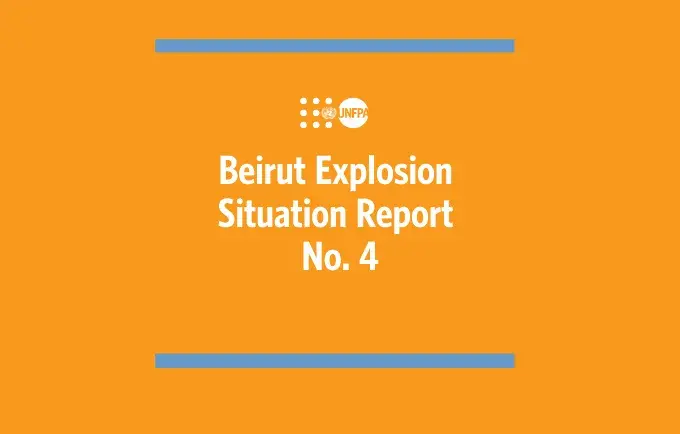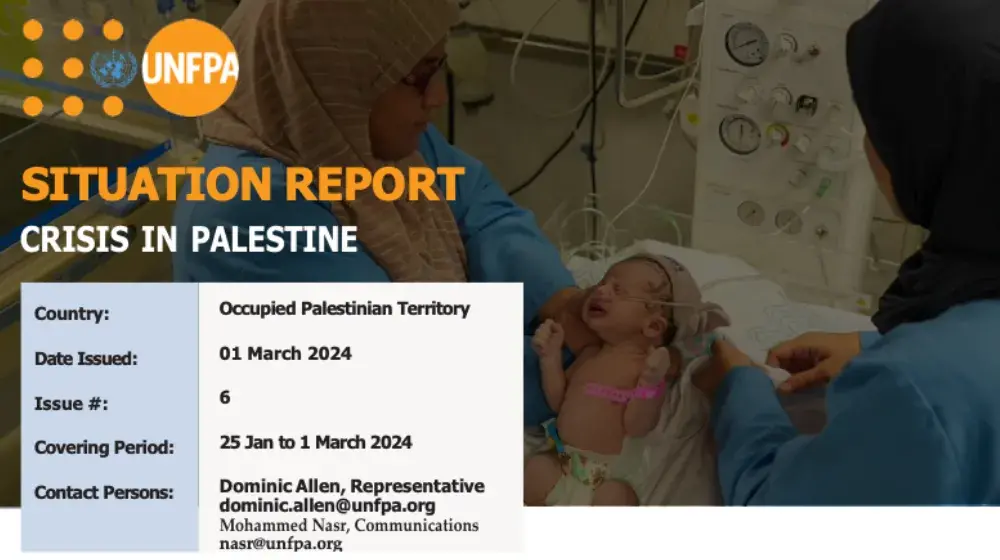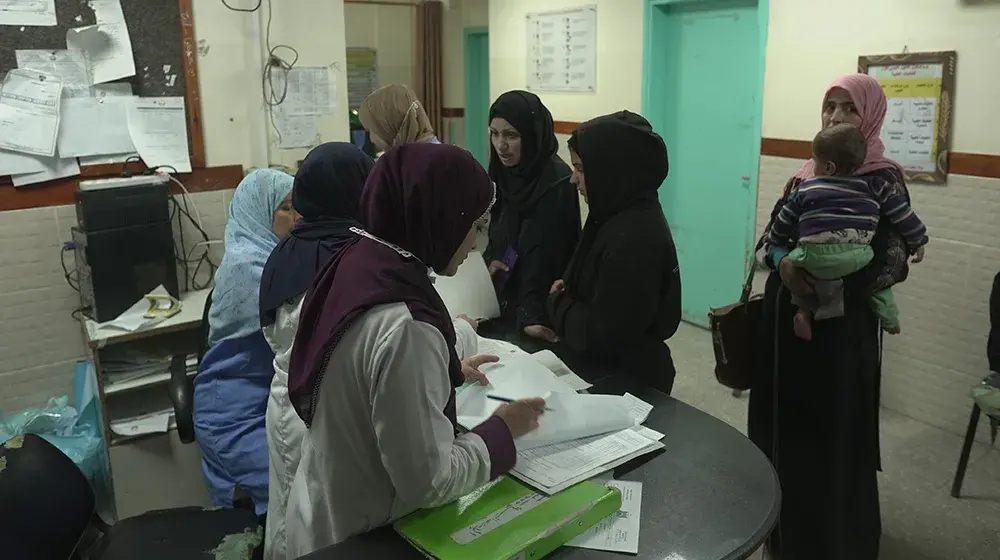A month has passed since large quantities of ammonium nitrate at a warehouse in the Beirut port exploded, causing massive humanitarian and financial losses. According to the Ministry of Public Health, the death toll has reached 190, with three people still missing, more than 6,000 injured, and more than 300,000 displaced. In addition, many people are showing symptoms of severe psychological distress.
The Rapid Damage and Needs Assessment (RDNA), launched by the World Bank Group (WBG), in cooperation with the United Nations (UN) and the European Union (EU), determined that the blast caused between $3.8 and $4.6 billion in damages to infrastructure and physical stock. With a major focus on the worst affected areas within a five-kilometre radius of the explosion site, the RDNA covered 16 sectors, including health, housing, education, culture and social protection and jobs.
According to a UNFPA assessment of 55 Primary Health Care Centers (PHCC) within 5 kilometres of the blast, less than 50 per cent of the centres reported that they provide the full package of sexual and reproductive health (SRH) services, including maternal and newborn care, and treatment for sexually transmitted infections (STIs). While almost 71 per cent of health facilities are still functional, only 47 per cent of surveyed facilities can provide full routine health services.





